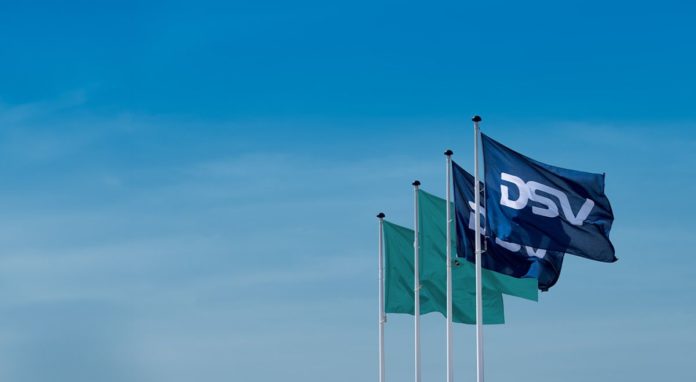Danish logistics company DSV has formally completed the acquisition of German forwarder Schenker from parent company Deutsche Bahn, for around DKK 106.7 billion (€14.3 bn).
DSV said it was the largest transaction in its history, and would double the size of it business. The combined company will have a revenue of approximately DKK310bn (€ 41.6 billion) and a workforce of close to 160,000 employees across more than 90 countries.
DSV group chief executive Jens Lund said: “With this acquisition, we become a world-leading player in global transport and logistics, at a time when global supply chains are more in focus than ever before, and our customers need a reliable and agile global network of services and products.
“By combining the two companies we will create a unique flexible platform for long-term financial growth to the benefit of our customers, employees, shareholders and other stakeholders.”
Schenker chief executive, Jochen Thewes, added: “The dialogue throughout the last months has been very positive and we are very excited about the prospects of the combined business. DSV and Schenker are a strong match with many similarities in business models and services, shared values and high operational standards, and we look forward to getting to work.”
The combined company aims to use the strengthened market position to continue to grow through enhanced service offerings and economies of scale, achieving industry-leading margins.
DSV said it was is committed to a smooth transition with due respect and careful consideration for customers, employees and stakeholders, a key priority to avoid disruptions and retain a high service level.
Completion of the transaction was announced in parallel to DSV presenting its Q1 2025 results. Schenker will be included in the consolidated financial statements of DSV from 1 May 2025. Based on preliminary estimates, annual synergies are estimated in the level of DKK9bn at end of 2028.
DSV’s aspiration is to lift the operating margins of the combined entity to a minimum of DSV’s levels within the respective business areas in 2028.











